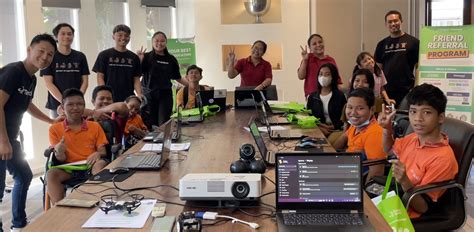Introduction
The well-being of youth with disabilities is paramount to creating an inclusive and equitable society. Partnerships play a vital role in empowering these individuals, providing access to essential resources, and unlocking their full potential. This comprehensive guide explores the myriad of partners and their invaluable contributions to the lives of youth with disabilities.

Government Agencies: A Bedrock of Support
Services: These agencies offer a wide range of services tailored to the unique needs of youth with disabilities, including:
- Educational support
-Vocational training
-Assistive technology
-Financial assistance
Key Figures: Over 12 million children in the United States have a disability, according to the Centers for Disease Control and Prevention (CDC).
Partner Spotlight: The Individuals with Disabilities Education Act (IDEA) provides federal funding and support for special education and related services, impacting over 7 million students annually.
Nonprofit Organizations: Catalysts of Innovation
Mission: Nonprofits are dedicated to empowering youth with disabilities through advocacy, research, and service delivery.
Examples:
– American Association on Intellectual and Developmental Disabilities (AAIDD)
– Autism Speaks
– National Down Syndrome Society
Impact: According to the National Council of Nonprofits, over 1.5 million nonprofits are actively involved in supporting people with disabilities and their families.
Community-Based Organizations: Local Champions
Collaboration: These organizations work in collaboration with families, schools, and other local entities to provide tailored support to youth with disabilities.
Services: They offer a range of services, including:
- After-school programs
-Peer support groups
-Mentorship opportunities
Success Story: In Austin, Texas, the Arc of the Capital Area has provided comprehensive support to over 1,500 children and adults with disabilities since its founding in 1956.
Educational Institutions: Pathways to Success
Inclusivity: Schools play a critical role in promoting inclusion and providing an equitable learning environment for youth with disabilities.
Accommodations: They offer a range of accommodations to meet individual needs, such as:
- Modified curriculum
-Assistive technology
-Specialized instruction
Collaboration: Schools work closely with other partners, such as therapists and parents, to develop individualized education plans (IEPs).
Healthcare Providers: Ensuring Well-being
Services: Healthcare providers offer specialized medical care, therapy, and rehabilitation services to address the unique health needs of youth with disabilities.
Collaboration: They work in collaboration with educators and other partners to ensure a comprehensive approach to care.
Research: Healthcare providers also conduct research to develop new treatments and interventions for children with disabilities.
Families: The Foundation of Support
Role: Families provide a vital foundation of love, care, and advocacy for children with disabilities.
Empowerment: Parents and caregivers play a key role in empowering their children by promoting self-sufficiency and decision-making.
Challenges: Families often face challenges, such as financial burdens and lack of resources. However, support from partners can mitigate these challenges.
Common Mistakes to Avoid
- Underestimating the abilities of youth with disabilities
- Failing to involve youth in decision-making
- Assuming that one-size-fits-all solutions are effective
- Ignoring the importance of interdisciplinary collaboration
- Overlooking the role of advocacy and empowerment
Conclusion
Partners for youth with disabilities play an indispensable role in creating a future where every individual, regardless of their abilities, has the opportunity to thrive. By embracing collaboration, leveraging resources, and advocating for inclusivity, these partners empower youth with disabilities to reach their full potential, unlocking their dreams and transforming their lives.
